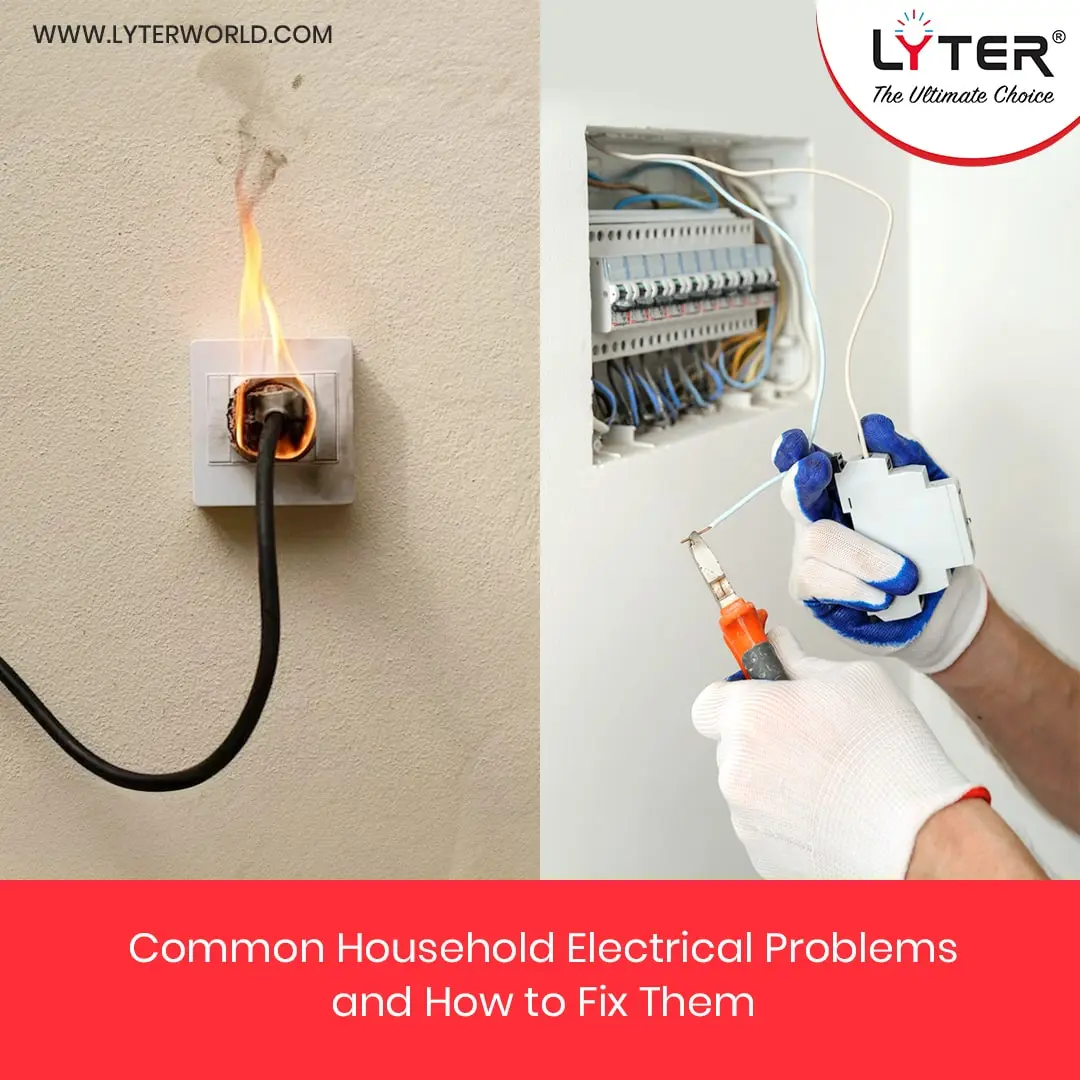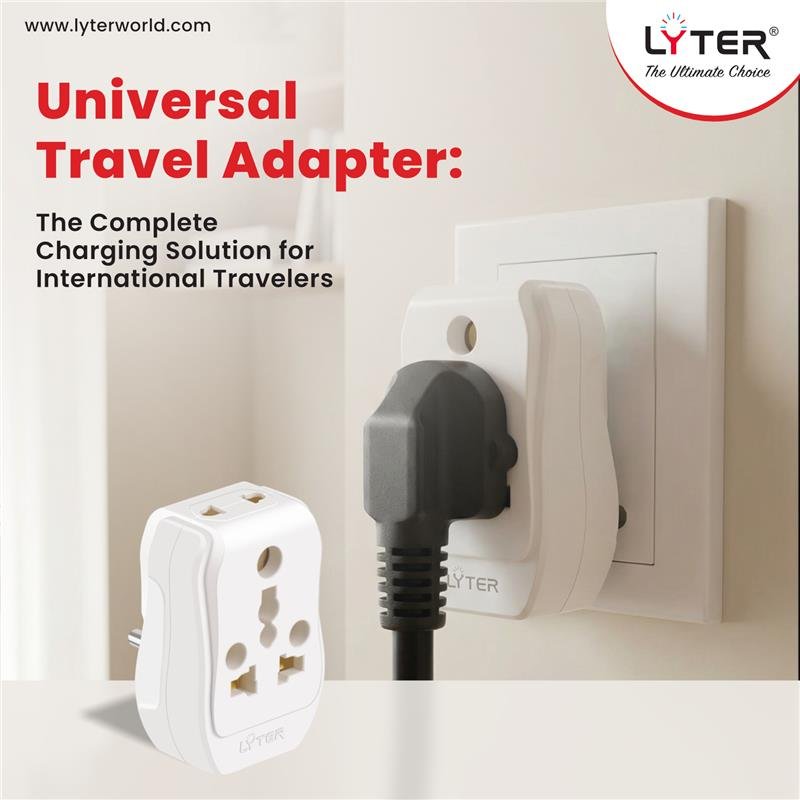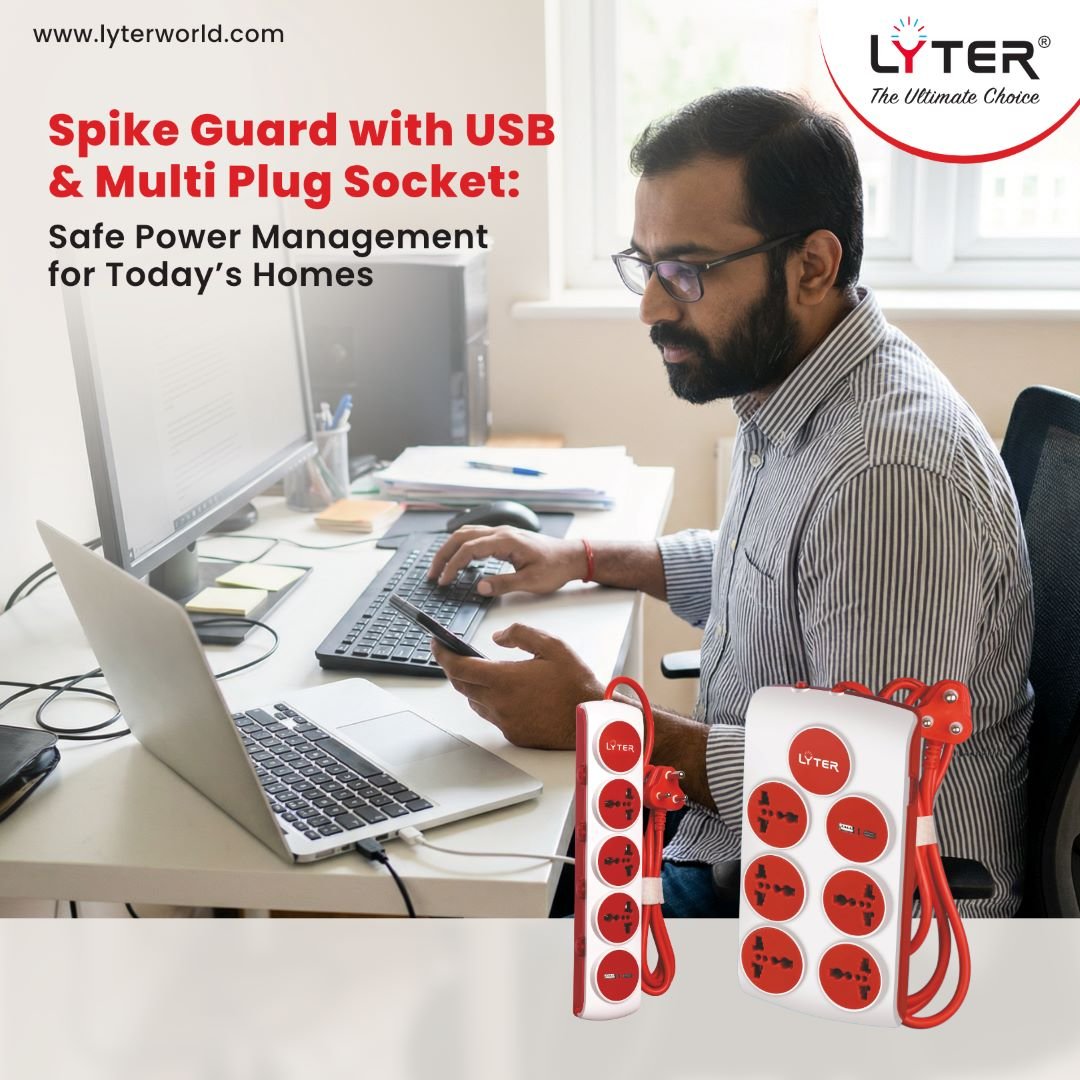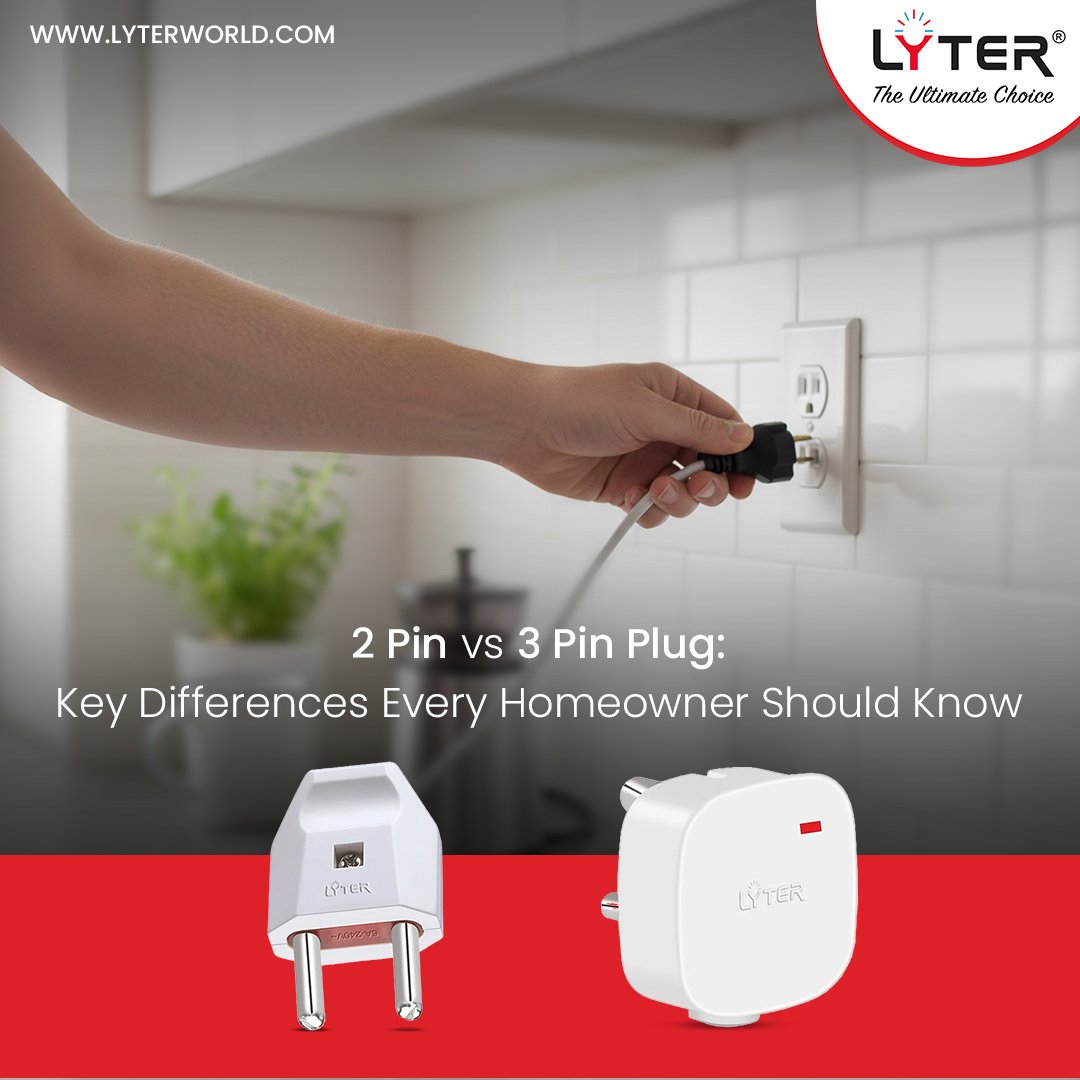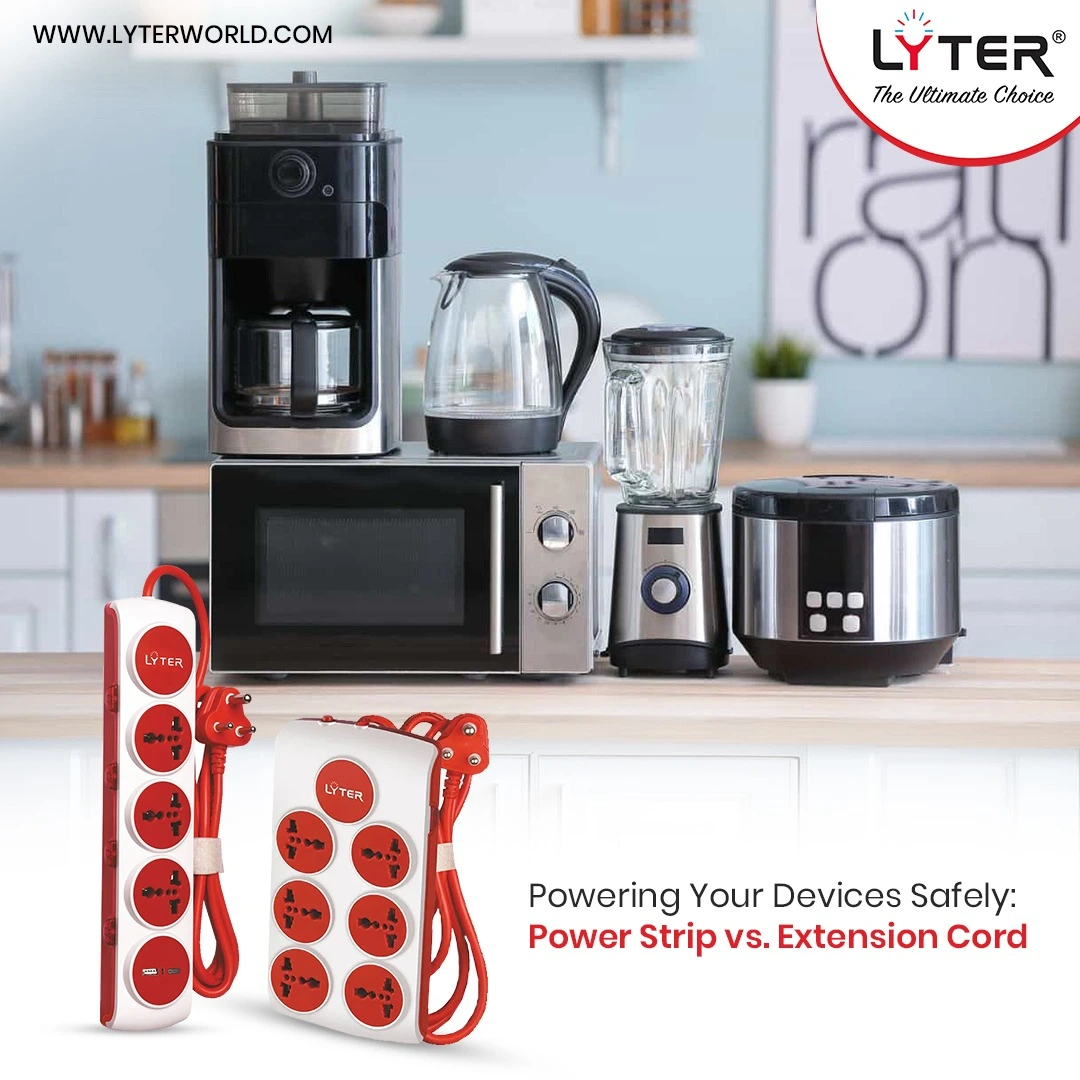When it comes to running a business, there are countless concerns, but one critical aspect that often gets overlooked is electrical safety. Electrical accidents can lead to devastating consequences, from office fires to the loss of invaluable data, ultimately resulting in severe damage to your operations and reputation.
That is why high electrical safety standards must be maintained; whether installing electrical equipment or dealing with gadgets, it is critical to follow general safety procedures.
The Indian Electricity Rules, 1956, which were last modified in 2020, must be followed in industrial settings. These regulations are intended to reduce hazards, promote safe behaviors, and safeguard people and property.
In this blog, we’ll talk about the safety standards in India, why they matter for your business, and how to stay compliant so you can protect not just your property but also your people, productivity, and peace of mind.
Why Electrical Safety Matters for Every Business
Well, electrical safety is not just about legal compliance; it’s about safeguarding your team, infrastructure, and brand reputation. Faulty electrical accessories, poor installation, or failure to follow basic safety guidelines can all result in mishaps that cost time, money, and, in some cases, lives.
Knowing and adhering to the proper safety requirements is both a duty and a competitive advantage for electrical accessories manufacturers in India and enterprises across sectors.
Indian Standards for Electrical Safety: What You Need to Know
1. The Indian Electricity Rules, 1956 (Updated 2020)
This serves as the foundation for the nation’s safety regulations. These guidelines, updated in 2020 to reflect contemporary technology and dangers, outline the dos and don’ts for handling, installing, and maintaining electrical systems. They cover everything from voltage limitations and wiring procedures to earthing techniques and overload prevention.
2. The National Electrical Code (NEC) India
Think of the National Electrical Code (NEC) India as your electrical safety playbook. It offers detailed guidelines on design, installation, and inspection practices for electrical systems. For engineers, facility managers, and technicians, it’s an invaluable reference to ensure safe operations across commercial and industrial spaces.
If you engage with manufacturers in India, this code assures that the items satisfy safety standards.
3. Bureau of Indian Standards (BIS) Guidelines
BIS establishes the Standards for Electrical Safety in India, which include product testing, certification, and manufacturing best practices. BIS compliance assures that a circuit breaker or distribution board meets the necessary standards.
Look for ISI markings on items; these are more than simply labels; they indicate that safety has been built into the product.
Also Read: Common Electrical Installation Mistakes and How To Avoid Them
Electrical Safety Rules for Industry: Best Practices to Implement
- Routine Inspections – Regular checks for damaged wires, faulty breakers, and outdated accessories.
- Proper Earthing – To prevent electrocution and fire in case of a short circuit.
- Load Management – Avoid overloading sockets or running multiple high-power devices on a single circuit.
- Training Employees – Even non-technical staff should know what to do (and what not to do) around electrical setups.
- Using Certified Equipment – Work only with electrical accessories manufacturers in India who are BIS-certified.
When in Doubt, Audit It Out
Electrical systems may not call for attention until they fail. That is why preventive audits are necessary. Hiring a skilled safety auditor might help you identify dangers you weren’t aware of. Whether you work in manufacturing or construction, frequent compliance tests with Indian Standards for Electrical Safety are required, not voluntary.
Power up your safety with Lyter
If there’s one takeaway, it’s this: Electrical Safety Standards aren’t just a checklist. They’re a shield that protects your people, your property, and your profits.
Following electrical safety rules and working with trusted manufacturers in India is the bare minimum. Real safety starts when we treat compliance as a culture, not just paperwork.
So, whether you’re running a factory, managing an office building, or supplying electrical gear, make safety your first priority. And that begins with choosing the right electrical accessories from trustworthy manufacturers. That’s where Lyter comes in.
We’re a trusted name in high-quality, reliable, and ISI-certified electrical accessories. From switches to surge protectors and fittings, every product is built for performance and peace of mind.
With safety at our core and compliance in every detail, we aren’t just a supplier; we’re your partner in protection.



